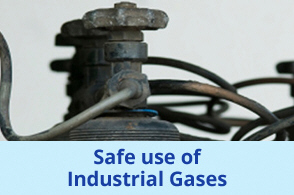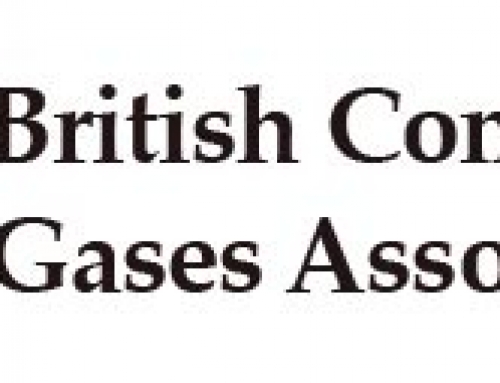New information setting out industry best practice guidance on the storage of gas in confined spaces has been produced for the drinks dispense industry.
National trade body the British Compressed Gases Association (BCGA) has updated its guidance note GN 9, ‘The Application Of The Confined Spaces Regulations To The Drinks Dispense Industry.’
GN9 has been produced to encourage bar owners and retailers to consider their responsibilities regarding the safe storage of dispense gases – providing them with a tool that will help to satisfy the regulatory requirements placed upon them.
The guide has been produced in consultation with the British Beer & Pub Association (BBPA) and the Brewing, Food & Beverage Industry Suppliers Association (BFBi) and can be downloaded for free from the BCGA website www.bcga.co.uk
Featuring a clearer definition of what classifies a cellar as a confined space, the revised GN9 document joins the 5thEdition of the BBPA’s ‘Practice for the Dispense of Beer by Pressure Systems in Licensed Premises,’ which also gives guidance on the subject. The BBPA also produces the document ‘Carbon Dioxide in Cellars.’
Doug Thornton, Chief Executive of BCGA, said: “Beverage gases and associated dispense equipment are often located in a cellar – which may be classified in law as a Confined Space.
“If this is the case, the Confined Spaces Regulations require operators of drinks dispense equipment to carry out a formal Risk Assessment of the risks to their employees arising from any possible release of the gas.
“These regulations require employers to carry out an adequate Risk Assessment and, where necessary, ensure appropriate control measures to protect those accessing or working in the area.
“Not all cellars are considered to be a confined space and this will be determined by the risk assessment. However, where the risk assessment identifies that a cellar is a confined space then GN 9 should be followed.
“The guidance note has been produced to support an easy-to-use assessment procedure which can be applied in a cellar, classifying risk as tolerable, medium, or high. It then gives any necessary actions resulting from the assessment.”
Cited as ‘the invisible industry,’ industrial gases perform a number of important tasks within the beverage dispense sector.
Carbon dioxide is an inherent component of beer and an intrinsic part of carbonated beverages.
The gas is also relied upon to operate cellar equipment, including the pushing out of products from containers such as a keg.
Mr Thornton added: “Good dispense gas is supplied as food grade gas, in a cylinder that is correctly labelled, tested and in good condition.
“It is essential for serving the product in the way that the drinks supplier intended.
“However, outlets are being targeted by seemingly attractive offers from non-reputable suppliers. These should be avoided at all costs as the impact on safety, as well as drink quality, are hugely significant.”






